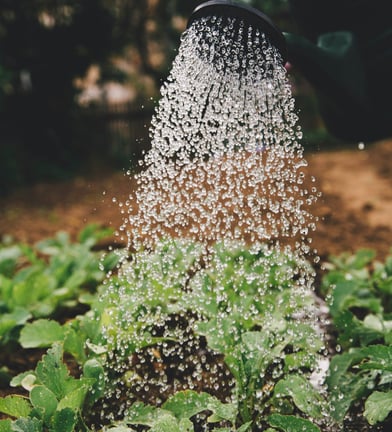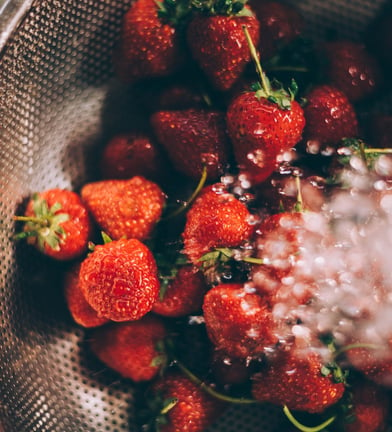The power of pH






Plants & Gardening
Coffee & Tea
Produce & Cooking
The pH level of soil plays a crucial role in plant growth and directly influences the availability of nutrients to plants. Most plants prefer a slightly acidic to neutral pH range of 6.0 to 7.0, as this enables them to absorb essential nutrients efficiently. If the soil pH is too high or too low, certain nutrients may become unavailable to plants, leading to nutrient deficiencies and poor growth. For example, if the soil is too acidic, plants may struggle to absorb nutrients like calcium and magnesium. On the other hand, if the soil is too alkaline, nutrients such as iron and manganese may become inaccessible. Therefore, it is important for gardeners to regularly test the pH of their soil and make necessary adjustments to ensure optimal plant growth and health.
The pH level affects the extraction of flavors from coffee beans or tea leaves. For coffee brewing, a pH value between 6 and 6.5 is ideal, as it allows for optimal extraction of the desirable compounds and flavors. If the pH is too high or too low, the taste may become bitter or sour. Similarly, brewing tea at the right pH level is crucial for achieving the desired flavor profile. Different types of tea require specific pH levels for optimal extraction. However, if the pH is too high, the tea can taste weak, while a low pH can result in a bitter taste. As such, understanding and controlling the pH during the brewing process is essential to ensure a balanced and flavorful cup of coffee or tea.
The pH level can greatly impact the taste, texture, and overall outcome of a dish. For example, when preparing certain dishes like soups or stews, the addition of acidic ingredients such as vinegar or citrus juice can help to balance out the flavors and enhance the overall taste. On the other hand, using ingredients with high alkalinity, such as baking soda, can help to tenderize tough cuts of meat. Consequently, understanding and adjusting the pH level when cooking is crucial in achieving the desired results.
Wash your produce with strong Kangen water (pH = 11) to emulsify and remove oil-based pesticides and waxy residues before consumption.






Hydration
Healthy Skin & Hair
Cleaning & Sanitation
When the pH level of a substance is too high or too low, it can disrupt the body's ability to absorb and retain water. Our body functions optimally when the pH level is within a specific range, typically slightly alkaline. When the pH level is unbalanced, it can lead to dehydration as the body struggles to maintain proper fluid balance. This is because an imbalanced pH level can interfere with the functioning of electrolytes, which are responsible for regulating fluid levels in the body. It is therefore important to maintain a balanced pH level through a healthy and balanced diet, as it helps to ensure proper hydration and overall well-being.
Our hair and skin have their own natural pH levels. When the pH balance is disrupted, it can lead to various issues. A slightly acidic pH is ideal for both hair and skin as it helps maintain their moisture content and natural oils. If the pH becomes too alkaline, it can cause hair to become dry, brittle, and prone to breakage. Similarly, an alkaline environment on the skin can disrupt its natural protective barrier, leading to dryness, irritation, and inflammation. On the other hand, excessive acidity can cause hair to become oily and can contribute to skin problems like acne. Therefore, maintaining a balanced pH is crucial for healthy hair and skin.
Generally, effective cleaning products are found at either end of the pH scale: bleach and soapy water are highly alkaline, while vinegar is an acid.
Strong acidic water (pH = 2.7) can be used to clean kitchen utensils, countertops, and surfaces to prevent cross-contamination. The acidity acts as a natural disinfectant, killing bacteria and other harmful microorganisms.
Strong Kangen water (pH = 11) serves as a degreaser and can be used to tackle oils, grime, and tough stains with ease.



